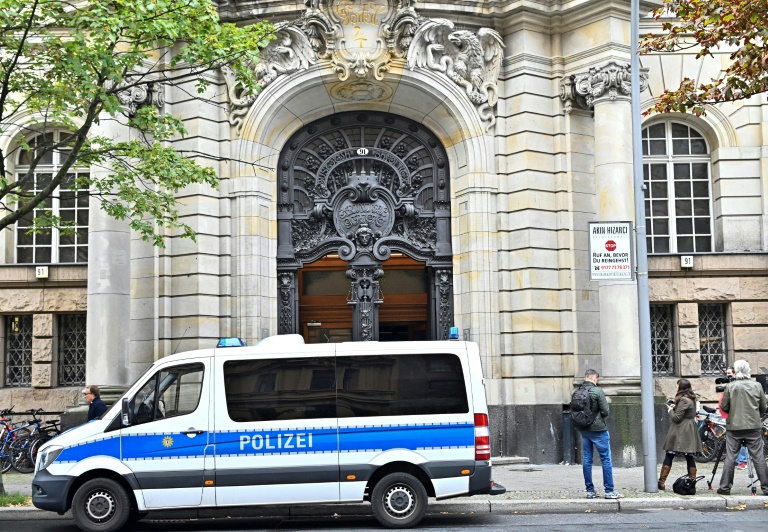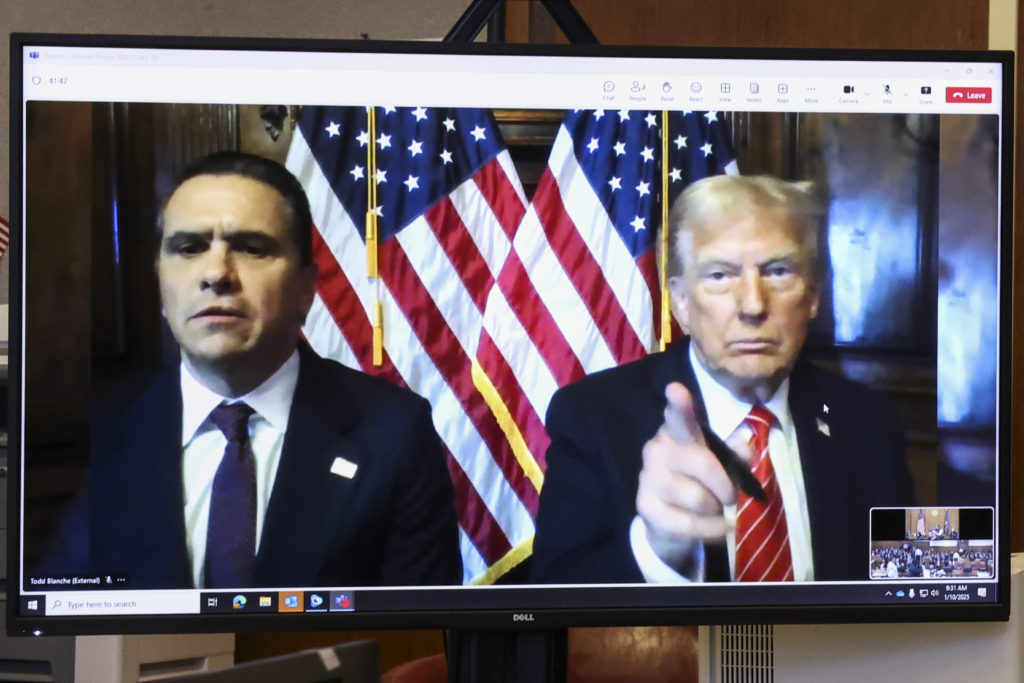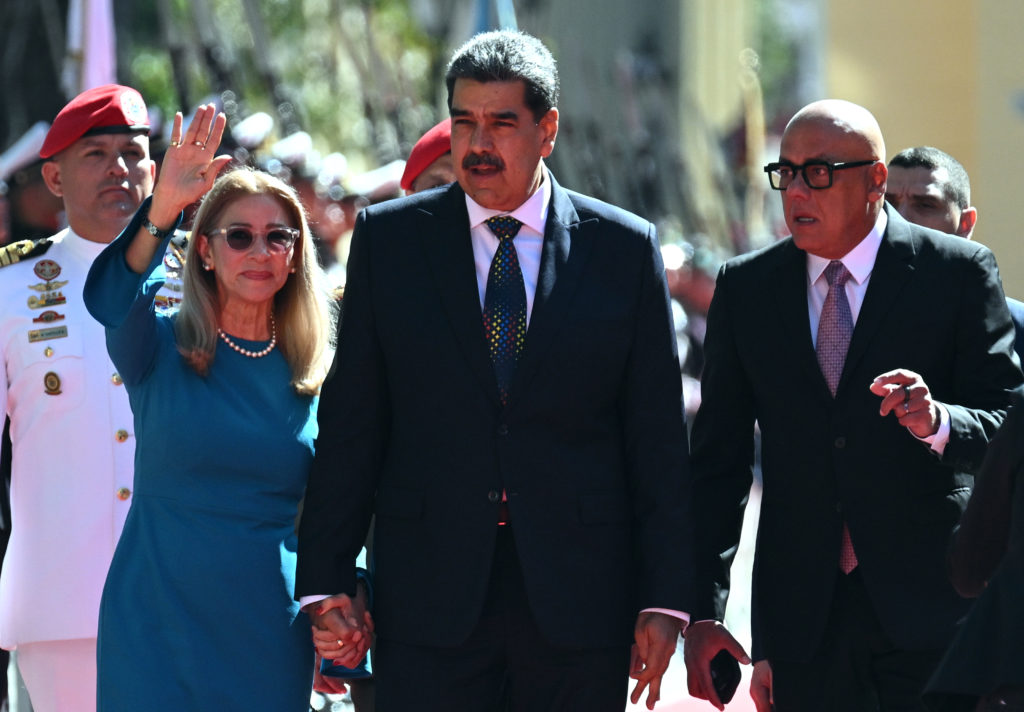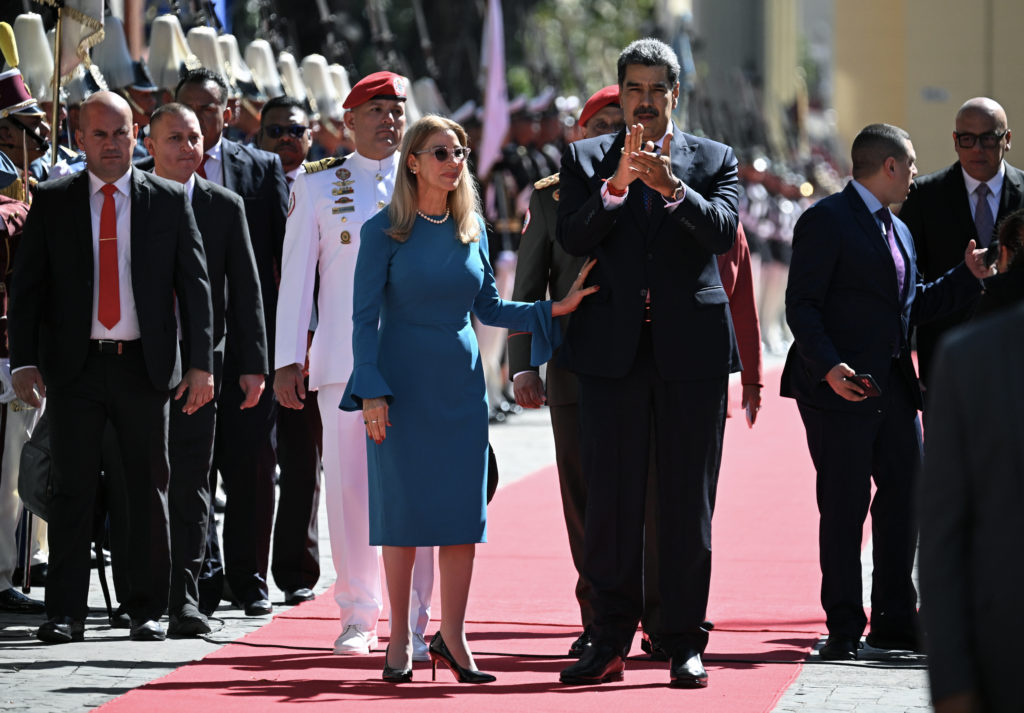A German court will decide Wednesday whether a Russian man is guilty of shooting dead a former Chechen commander in broad daylight in a Berlin park on the orders of Moscow.
The suspect named by prosecutors as Vadim Krasikov, alias Vadim Sokolov, stands accused of gunning down 40-year-old Georgian national Tornike Kavtarashvili in the Kleiner Tiergarten park on August 23, 2019.
On charging Krasikov last year, prosecutors said they believed Russia had ordered the murder, making the case a flashpoint for already frayed ties between Berlin and Moscow.
The suspect is accused of approaching Kavtarashvili from behind on a bicycle and firing two shots from a Glock 26 pistol equipped with a silencer.
After the victim fell to the ground, Krasikov is then accused of shooting him in the head, killing him on the spot, before getting back on his bicycle and fleeing.
Police divers later recovered the Glock handgun, a wig and a bicycle from the nearby Spree river.
– Mistaken identity? –
Calling for Krasikov to be jailed for life as they summed up their case last week, prosecutors said they had identified him as a “commander of a special unit of Russian secret services FSB”.
“He liquidated a political opponent as an act of retaliation,” prosecutor Lars Malkies told the court.
But in an earlier hearing, the defendant had told the court through his lawyer Robert Unger that he should be identified only as Vadim Sokolov, who is “Russian, single and a construction engineer”.
He denied being known as Krasikov, saying “I know of no one by this name”.
Prosecutors say the defendant travelled as a tourist in the days before the murder, arriving on August 17 in Paris where he visited sights before travelling to Warsaw.
Photos of his tourist cover were found on a mobile phone in the Polish hotel where he stayed before heading to Berlin on August 22.
Krasikov was arrested after the killing, which took place just minutes away from the German chancellery and parliament.
The trial has spanned a period of particularly rocky ties between Berlin and Moscow over a series of espionage cases, as well as the poisoning and jailing of Kremlin critic Alexei Navalny.
Former chancellor Angela Merkel expressed shock at the killing, saying that it “disrupts a cooperation of trust”.
Russia denies all allegations over the Berlin murder, espionage and Navalny’s poisoning.
– Escalating tensions –
The verdict also comes at a time of escalating tensions with Russia, which stands accused by the West of planning an invasion of Ukraine and massing tens of thousands of troops near its neighbour’s border.
Germany’s new government has taken a sharp tone with Moscow, warning that it will not approve the controversial Nord Stream 2 gas pipeline from Russia in the event of any new “escalation” in Ukraine.
Russian President Vladimir Putin has described the victim as a “fighter, very cruel and bloody” who had joined separatists against Russian forces in the Caucasus and also been involved in bombing attacks on the Moscow metro.
Moscow also said it had been seeking his extradition.
According to German media, the victim survived two assassination attempts in Georgia before seeking asylum in Germany, where he had been living for the past few years.
The case came under the media spotlight again recently when a Russian diplomat was found dead outside the country’s embassy in Berlin.
Der Spiegel magazine said the man was related to a high-ranking official of the FSB’s second directorate — a unit that Western secret services say was involved in the Tiergarten killing.
Russia’s mission confirmed the death and called it a “tragic accident”, adding that it “considers speculations which have appeared in a number of Western media” over the incident “to be absolutely incorrect”.










